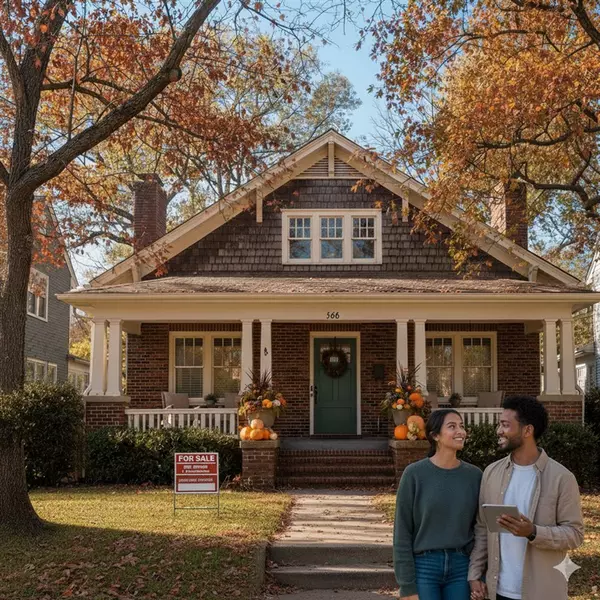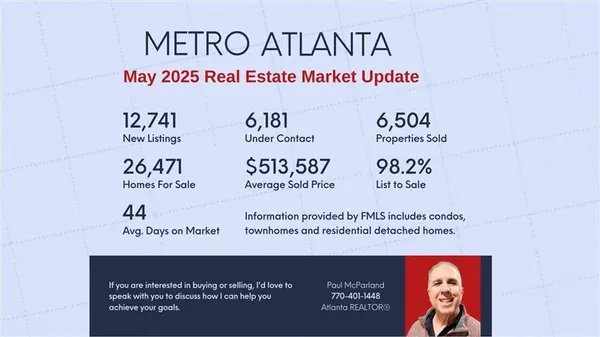10 Secrets Your Realtor Won’t Tell You About Selling Your Home

Selling your home is a significant financial and emotional undertaking. While a good realtor can guide you through the process, there are certain insider tips and truths they might not openly share. Understanding these secrets can empower you to make smarter decisions, maximize your home’s value, and avoid common pitfalls. In this article, we reveal 10 secrets your realtor might not tell you about selling your home, helping you navigate the real estate market with confidence.
- Timing the Market Isn’t Always Foolproof
Realtors often emphasize the importance of listing your home during peak seasons, like spring or summer, when buyer demand is high. However, the reality is that timing the market perfectly is tricky and depends on local conditions. For example, in some regions, winter sales can attract serious buyers with less competition. Economic factors, interest rates, and even neighborhood trends can outweigh seasonal advantages.
What You Can Do: Research your local market’s historical sales data using tools like Zillow or Redfin. Consult with your realtor about current trends, but don’t feel pressured to list during a “hot” season if your home isn’t ready. A well-prepared home can sell successfully any time of year.
- Your Home’s First Impression Is Everything
Realtors know that buyers often decide within seconds of seeing a property whether it’s a contender. Curb appeal, clutter, and odors can make or break that critical first impression. Yet, some realtors may downplay the need for extensive staging or repairs to secure your listing quickly.
What You Can Do: Invest in small upgrades that boost curb appeal, such as fresh landscaping, a new mailbox, or a power-washed exterior. Inside, declutter ruthlessly, neutralize decor, and address any lingering odors from pets or cooking. Consider professional staging if your budget allows—it can increase your home’s sale price by up to 5-10%, according to the National Association of Realtors.
- Pricing Your Home Is More Art Than Science
Your realtor may suggest a listing price based on comparable sales, but the final number often involves psychological tactics. For instance, pricing just below a round number (e.g., $499,000 instead of $500,000) can attract more buyers. Overpricing to “leave room for negotiation” can backfire, causing your home to sit on the market and appear undesirable.
What You Can Do: Ask your realtor for a detailed comparative market analysis (CMA) to understand how similar homes in your area are priced. Be wary of overly optimistic pricing designed to win your business. A realistic price from the start can generate more interest and even spark a bidding war.
- Open Houses Aren’t Always Necessary
While open houses can attract potential buyers, they’re not always the most effective tool. Some realtors host them to network with unrepresented buyers or promote their own brand rather than to sell your home. In today’s digital age, online listings with high-quality photos and virtual tours often generate more serious inquiries.
What You Can Do: Discuss the pros and cons of open houses with your realtor. If your home is in a high-traffic area or appeals to a broad audience, an open house might be worthwhile. Otherwise, focus on private showings for pre-qualified buyers and ensure your online listing is optimized with professional photography.
- Not All Offers Are Created Equal
A high offer isn’t always the best one. Realtors may push you to accept the highest bid to close the deal quickly, but other factors—like the buyer’s financing, contingencies, or closing timeline—can affect the sale’s success. For example, a cash offer might be worth considering over a higher financed offer due to its speed and certainty.
What You Can Do: Review all offer details with your realtor, including the buyer’s mortgage pre-approval, earnest money deposit, and any contingencies (e.g., home inspection or appraisal). Ask questions to understand the risks and benefits of each offer, and don’t be afraid to counter for terms that better suit your needs.
- Your Realtor’s Commission Is Negotiable
Realtor commissions typically range from 5-6% of the sale price, split between the seller’s and buyer’s agents. What your realtor might not mention is that this rate is negotiable. Some agents are willing to lower their commission, especially for high-value properties or if they represent both sides of the transaction.
What You Can Do: Before signing a listing agreement, discuss commission rates with multiple realtors. Be upfront about your budget and ask if they’re flexible. Keep in mind that a lower commission might affect the agent’s marketing efforts, so weigh the trade-offs carefully.
- Minor Repairs Can Make a Big Difference
Realtors often advise against major renovations before selling, as they may not yield a full return on investment. However, they might not stress enough how much small fixes—like patching drywall, updating light fixtures, or repainting walls—can boost buyer interest. Buyers often overestimate the cost of minor repairs and shy away from homes that need work.
What You Can Do: Walk through your home with your realtor to identify low-cost, high-impact repairs. Focus on functional issues (leaky faucets, broken tiles) and cosmetic updates (neutral paint, modern cabinet hardware). These changes can make your home feel move-in ready, appealing to a wider audience.
- The Home Inspection Can Derail Your Sale
A buyer’s home inspection can uncover issues that jeopardize the deal, and your realtor might not prepare you for how common this is. Problems like outdated electrical systems, roof damage, or plumbing issues can lead to renegotiations or even a canceled contract.
What You Can Do: Consider a pre-listing home inspection to identify and address potential issues upfront. This proactive step can prevent surprises and give you leverage during negotiations. If problems arise during the buyer’s inspection, work with your realtor to offer repairs, credits, or price reductions to keep the sale on track.
- Your Personal Items Can Distract Buyers
Realtors know that buyers need to envision themselves in your home, but they might not emphasize how much personal items—like family photos, bold artwork, or quirky decor—can hinder this. Buyers can get distracted or feel like they’re intruding, making it harder for them to connect with the space.
What You Can Do: Depersonalize your home before listing it. Remove personal photos, trophies, and unique decor, and replace them with neutral, universally appealing items. Aim for a clean, minimalist look that feels like a blank canvas for potential buyers.
- Marketing Matters More Than You Think
A great realtor will market your home aggressively, but not all agents invest the same effort. Some rely solely on the Multiple Listing Service (MLS) and basic photos, while others use professional videography, social media campaigns, and targeted ads to attract buyers. Your realtor might not admit that their marketing plan could make or break your sale.
What You Can Do: Ask potential realtors about their marketing strategy before hiring them. Request examples of past listings, including photos, videos, and online campaigns. Ensure they’ll showcase your home on popular platforms like Zillow, Realtor.com, and social media, and consider hiring a professional photographer to make your listing stand out.
Bonus Tip: You Have More Control Than You Think
Many sellers assume their realtor calls all the shots, but you’re the one in charge. From pricing to marketing to accepting offers, you have the final say. A good realtor will provide expert advice, but don’t hesitate to ask questions, voice concerns, or push for strategies that align with your goals.
What You Can Do: Communicate openly with your realtor and set clear expectations from the start. If something feels off—whether it’s the pricing strategy, marketing plan, or communication style—address it promptly. If your realtor isn’t meeting your needs, you can switch agents, provided you follow the terms of your listing agreement.
Conclusion
Selling your home is a complex process, but knowing these insider secrets can give you a competitive edge. By understanding the nuances of pricing, marketing, and negotiations, you can work more effectively with your realtor and achieve a successful sale. Take the time to prepare your home, research your options, and advocate for your interests. With the right approach, you’ll be well on your way to closing the deal and moving on to your next chapter.
Ready to sell your home? Contact a trusted real estate professional today to discuss your goals and create a customized plan for success. For more tips on navigating the real estate market, explore our blog or reach out for personalized advice.
Categories
Recent Posts











"Whether buying or selling a home, my #1 job is to advise my clients so they optimize their largest financial investment while avoiding any pitfalls that could cost them tens of thousands of dollars. "
